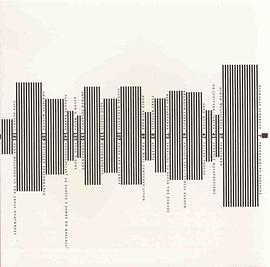

具体描述
The components of living systems strike us as functional-as for the sake of certain ends--and as endowed with specific norms of performance. The mammalian eye, for example, has the function of perceiving and processing light, and possession of this property tempts us to claim that token eyes are supposed to perceive and process light. That is, we tend to evaluate the performance of token eyes against the norm described in the attributed functional property. Hence the norms of nature.What, then, are the norms of nature? Whence do they arise? Out of what natural properties or relations are they constituted? In Norms of Nature, Paul Sheldon Davies argues against the prevailing view that natural norms are constituted out of some form of historical success--usually success in natural selection. He defends the view that functions are nothing more than effects that contribute to the exercise of some more general systemic capacity. Natural functions exist insofar as the components of natural systems contribute to the exercise of systemic capacities. This is so irrespective of the system's history. Even if the mammalian eye had never been selected for, it would have the function of perceiving and processing light, because those are the effects that contribute to the exercise of the visual system. The systemic approach to conceptualizing natural norms, claims Davies, is superior to the historical approach in several important ways. Especially significant is that it helps us understand how the attribution of functions within the life sciences coheres with the methods and ontology of the natural sciences generally.
作者简介
目录信息
读后感
评分
评分
评分
评分
用户评价
相关图书
本站所有内容均为互联网搜索引擎提供的公开搜索信息,本站不存储任何数据与内容,任何内容与数据均与本站无关,如有需要请联系相关搜索引擎包括但不限于百度,google,bing,sogou 等
© 2025 book.quotespace.org All Rights Reserved. 小美书屋 版权所有




















